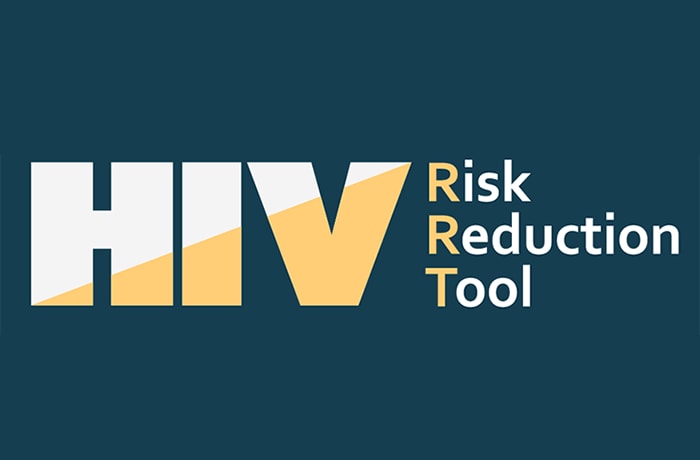Other HIV Prevention Methods

There is medicine you can take to prevent getting HIV after a recent exposure. Talk to your health care provider, an emergency room doctor, or an urgent care provider right away about PEP (post-exposure prophylaxis).
- PEP must be started within 72 hours after a possible exposure.
- The sooner you start PEP, the better. Every hour counts.
- If you’re prescribed PEP, you’ll need to take it daily for 28 days.
Talk to your health care provider about the risks and benefits of male circumcision.
- Male circumcision does decrease the risk of getting HIV in some situations, but it doesn’t decrease the risk of HIV as much as other HIV prevention options.
- Circumcised men are less likely than uncircumcised men to get HIV from vaginal sex with a partner with HIV.
- Male circumcision does not decrease a woman’s risk of getting HIV.
- The benefits of circumcision for gay and bisexual men are unknown.
- Circumcised men should take other actions to prevent getting HIV or to protect their partners.
- No vaccine is currently available to prevent HIV.


